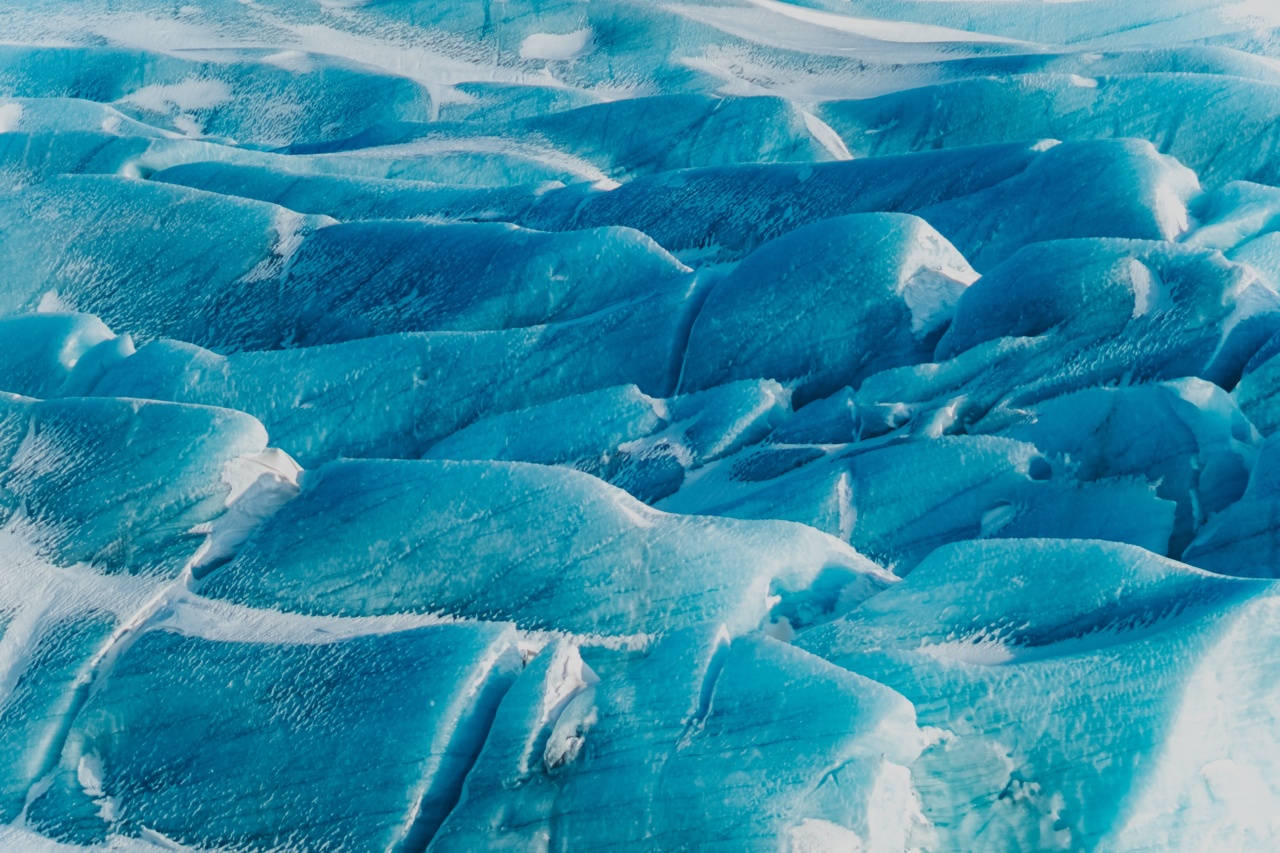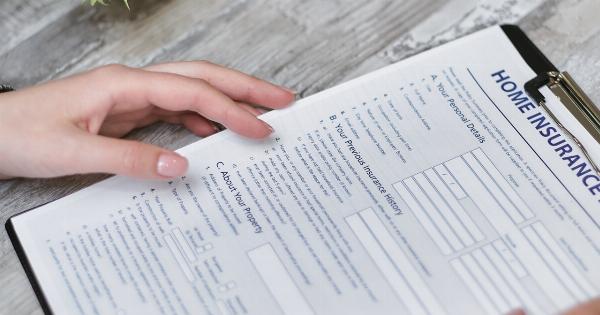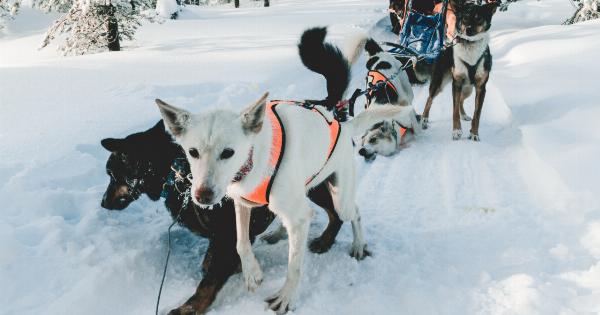Winter weather can be a beautiful sight, with snow covering everything in sight, but it can also be dangerous and cause damage to your property. That’s why it’s important to know what your insurance covers during snowy weather.
Insurance policies can be confusing, and it’s important to understand what is covered and what is not.
Home Insurance
Home insurance policies typically cover damage caused by snow, such as roof collapses, damage from fallen trees, and water damage from frozen or burst pipes.
However, it’s important to note that each policy is different, and not all policies cover the same events. Some policies may have exclusions for certain types of weather-related damage, such as flood damage caused by snowmelt.
It’s important to review your policy carefully to see what is covered and what is not. If you have any questions or concerns, it’s best to contact your insurance agent to clarify your coverage before any damage occurs.
Auto Insurance
When it comes to auto insurance, damage from snowy weather is typically covered under comprehensive coverage. This can include damage from falling objects, such as tree limbs, as well as damage from accidents caused by slippery roads.
However, like home insurance, each policy is different and may have exclusions or limitations on coverage for certain types of weather events.
If you live in an area that experiences heavy snowfall, it may be worth considering purchasing additional coverage, such as collision coverage or insurance for damage caused by ice or freezing rain.
Business Insurance
Business owners need to be especially mindful of snowy weather, as it can cause damage to their property as well as lead to business interruptions.
Business property insurance typically covers damage from snow-related events, such as roof collapses, burst pipes, and damage from fallen trees. However, it’s important to note that some policies may have exclusions for certain types of weather events, and it’s important to review your policy carefully.
Business interruption insurance can also be important during snowy weather, as it can help cover lost income due to forced closures or reduced business activity.
This coverage can be especially important for businesses that rely heavily on foot traffic or depend on road accessibility.
Liability Insurance
Liability insurance can be important during snowy weather, as slip-and-fall accidents are common on slippery sidewalks and walkways.
Property owners have a responsibility to keep their property safe and accessible, and if someone is injured due to negligence, liability insurance can help cover the costs of legal fees, medical bills, and other damages.
It’s important for property owners to take steps to prevent slip-and-fall accidents during snowy weather, such as clearing sidewalks and walkways of snow and ice, and using salt and sand to improve traction.
Conclusion
Snowy weather can be beautiful, but it can also be dangerous and cause damage to your property.
It’s important to understand what your insurance covers during snowy weather, and to review your policy carefully to ensure that you have the right coverage. If you have any questions or concerns about your insurance coverage, don’t hesitate to contact your insurance agent.























